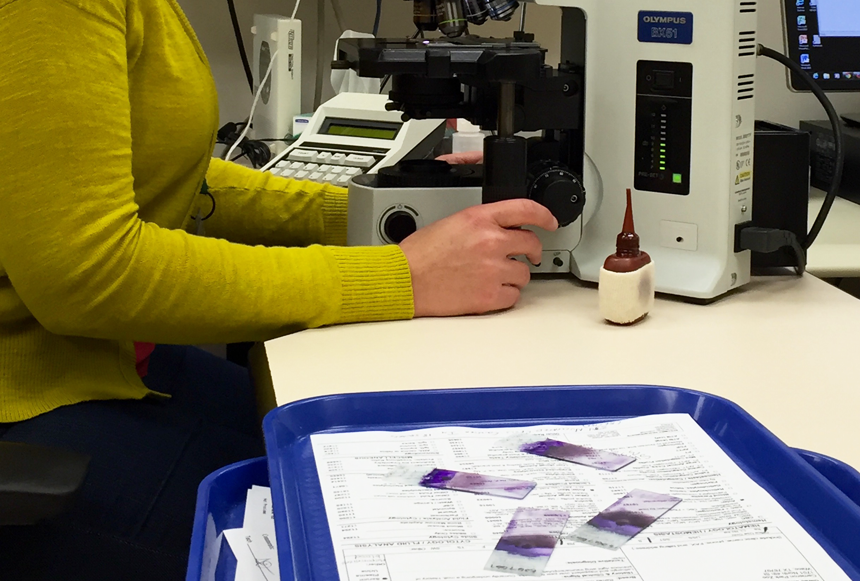The Role of Veterinary Labs in Protecting Pet Health
The Role of Veterinary Labs in Protecting Pet Health
Blog Article
Supporting your pet’s medical needs helps them thrive. Pet health labs are crucial for identifying health issues for household pets.
In this guide, we’ll discuss how veterinary labs work, what tests they offer, and why these labs are invaluable for your pets’ health.
What Are Veterinary Labs?
Veterinary labs focus on examining various health issues in cats and dogs. Veterinary clinics use their findings to monitor health conditions.

How they work commonly consists of:
- Gathering pet health data: Blood, urine, feces, or tissue samples are obtained at clinics.
- Testing procedures: Skilled technicians process the data.
- Creating a report: The lab offers conclusions to the veterinarian for tailored medical advice.
Common Veterinary Tests for Pets
Animal health services conduct a range of diagnostic procedures to address health concerns early. Frequently conducted exams include:
- Blood tests: Monitor organ function.
- Urinalysis: Identify urinary tract infections.
- Digestive system checks: Identify digestive problems.
- Allergy testing: Address skin irritations.
- X-rays and ultrasounds: Identify hidden injuries.
laboratorio de analises clinicas veterinarias
clínica veterinária e laboratório ivdlaboratorio de exames veterinarios
Why Regular Testing is Important for Your Pets
Regular health checkups supports improving quality of life. Catching issues early allows for better outcomes.

Some key benefits include:
- Proactive care: Tailored treatments for your pet’s needs.
- Knowing your pet is cared for: Stay informed about their health.
- Preventing costly emergencies: Prevent costly procedures.
Why Veterinary Testing is Essential for Cats and Dogs
Investing in diagnostic tests for your pets is one of the best ways. Veterinary labs work as an extension of your vet’s expertise to address their needs proactively.
Talk to your vet about lab testing to give them the best care possible!
Report this page